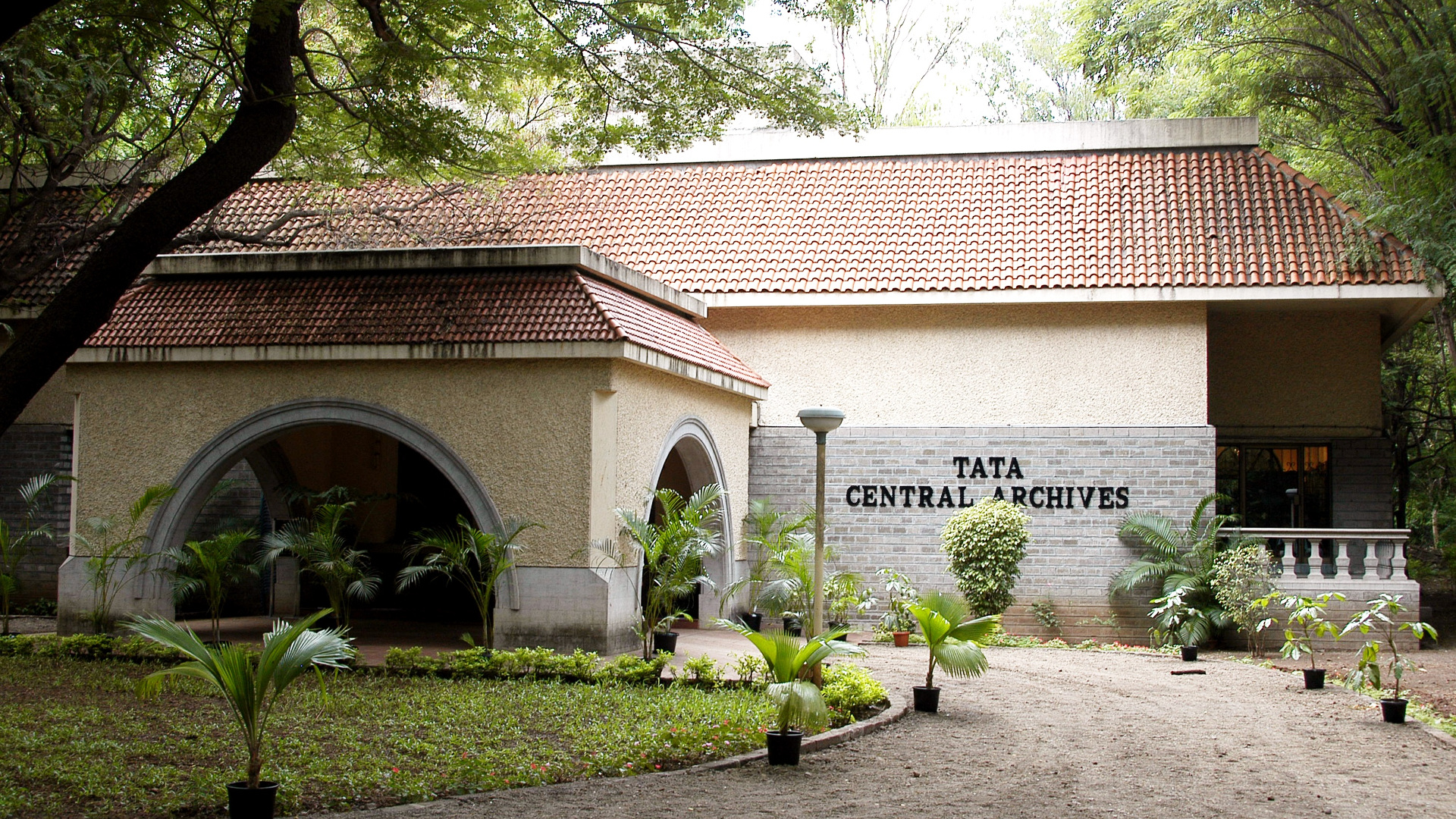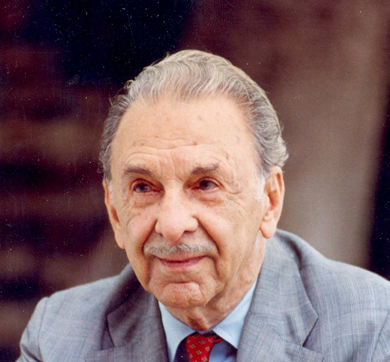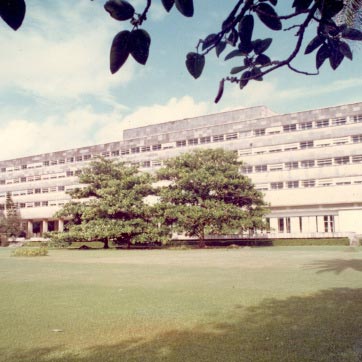642 words | 3-minute read
Archives play a pivotal role in preserving the history of any organisation. The idea of establishing a storehouse of Tata records was originally conceived by JRD Tata: while assigning the task of penning the group’s history to mark the centenary celebrations of Jamsetji Nusserwanji Tata’s first venture – the Empress Mills in Nagpur – JRD felt the lacuna of not having a central repository of records.
Tata Central Archives (TCA) was launched by JRD Tata in Bombay (now Mumbai) in January of 1991; it became a division of Tata Services in 1997. In 2001, the archives moved to Pune. Housed in the lush green precincts of Tata Management Training Centre, TCA was formally inaugurated by Ratan Tata, Chairman, Tata Sons, on February 13, 2001.
TCA is responsible for preserving the rich history of the Tata group for future generations. It is a goldmine of information, a repository of important documents – correspondence, photographs, awards, trophies, medals, citations, paintings, video and audio clips, etc amongst other material that relate to the genesis as well as development of the Tata organisation and its manifold activities.
Apart from Tata history, the archives also hold a sizeable number of documents on Indian industrialisation and correspondence with national leaders such as Dadabhai Naoroji and Mahatma Gandhi. This material is of tremendous use to researchers and historians who are able to view preserved records from a number of years past. For instance, the oldest documents in the archives are the annual reports of Jamsetji Tata’s first venture, the Central India Weaving and Manufacturing Company, dating back to 1875.
TCA has developed significant expertise in the restoration and preservation of old records. This is a challenge faced by several large businesses and archival institutions that need to develop in-house processes to take care of archival material that includes paper, leather bindings, photographs, paintings, etc with historical, sentimental, financial or legal value. One of the services that TCA offers is workshops and training programmes on this topic.
One of TCA’s main aims is to provide an insight into the group’s history right from its inception and to appreciate the quality of the people who shaped it. The archives not only provide employees with an insight into the history and tradition of their organisation but also serve as a central point of information for researchers and students.
The records of Jamsetji N Tata and JRD Tata hold a place of pride in these archives. The exhibition hall displays the life of Jamsetji Nusserwanji Tata (1839-1904), founder of the house of Tata with a special focus on his industrial ventures and philanthropic work. The display has been categorised into several sections that include the Tata family, phases of Jamsetji’s life, three textile mills, Esplanade House, Indian Institute of Science, Tata Iron and Steel Company, Taj Mahal Hotel and the Tata Electric Companies.
Another interesting offering is the exact replication of JRD Tata’s Mumbai office and display of his medals such as the Bharat Ratna, UN Population award and the Padma Vibhushan. Other important exhibits include the original agreement of the JN Tata Endowment scholarship awarded to KR Narayanan, former President of India and memorabilia like the chairs used by Jamsetji Tata. Restored photographs and relevant documents enhance the depth of each section.
TCA has brought together scattered records that were under the custody of various offices of the Tata companies. Some of the records date back to the early years of the last century. The documents are first fumigated and then laminated for special protection. To keep pace with the rapid changes taking place in the field of information technology, TCA has initiated the computerisation of its reference material. Important and much-thumbed records are entered into computers and also microfilmed. The carton boxes used to keep the documents are made to order and termite-proof. History lies treasured in these carefully preserved files at the archives.








